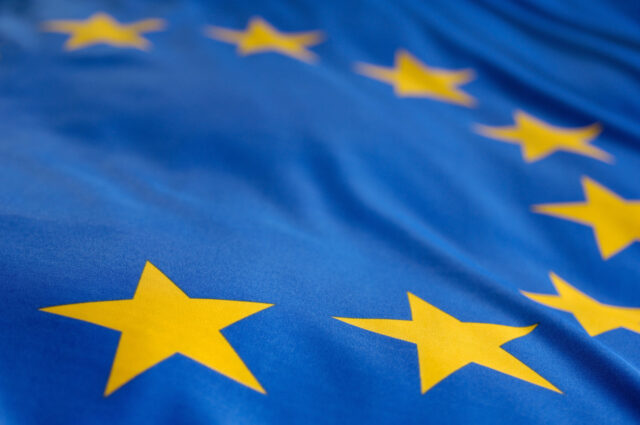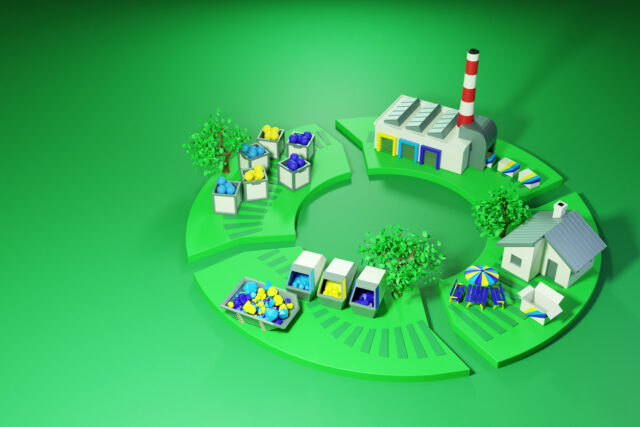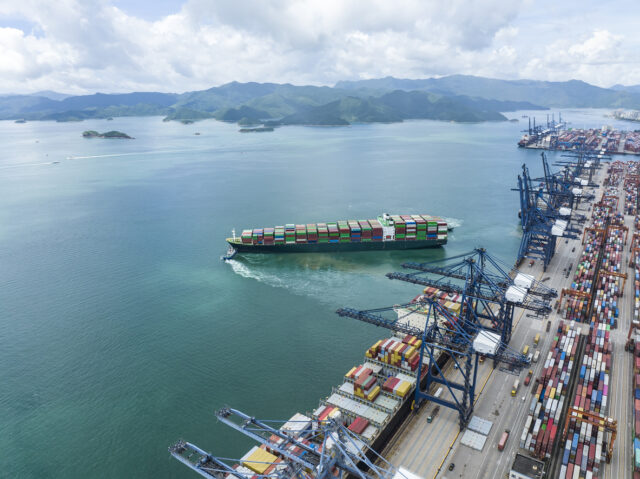A dispute has erupted between Indian and US officials over rice and wheat procurement. The conflict comes in spite of hopes for a mutually beneficial meeting of World Trade Organisation ministers next month.
The problem arose over the issue of public stockholding of grains. The practice, whereupon a nation stockpiles quantities of staple foods in order to protect against food insecurity during a crisis, has proven to be “a major bone of contention” before talks even begin, the Times of India reported.
For a decade, India has sought a “permanent solution” to WTO rulings regarding the quanitites of grain it can stockpile. Instead, the country has been operating on the basis of temporary measures. This means “any breach in prescribed limit can be challenged,” meaningfully limiting their ability to deliver a long-term strategy. The matter is reviewed every two years. Ahead of each review, India has accused the US and European Union of using the matter as a bargaining chip.
On Tuesday, a US representative reportedly informed Indian officials that finding a permanent solution would not be possible at next month’s WTO talks. In response, Indian officials are insisting that the issue of public stockholding be fast-tracked. They cited the importance of government action around food scarcity in multiple countries across the Global South. In addition to India, these countries include China, as well as several African and Caribbean nations. Alll of these countries are pushing for a permanent resolution from the WTO.
For years, India has faced criticism from western nations within the WTO. Its critics have condemned the Indian govenrment for its intervention in its country’s production of foodgrains. In addition to public stockholding of rice and wheat, the country also sets a minimum support price (MSP) for various foodstuffs—especially rice.
Protectionism or climate safeguarding?
The US, UK, and Australia in particular argue that this behaviour breaches WTO guidelines. They insist subsidies should be limited to 10% of total production. They also argue in favour of limits applied to public stockholding of foodgrains, which distorts markets.
However, India argues that the price manipulation and stockpiling needs to be able to breach the 10% ceiling. Such measure, they argue, are vital in order to provide food security for its populations. India and its allies have publically stressed the importance of being able to provide food security, given the increasingly severe food insecurity this year due to the worsening effects of climate change.
According to a recent article in the Wire, “as part of an 80-country coalition that includes the G33 grouping and the Organisation of African, Caribbean and Pacific States (OACPS), India has proposed the adoption of a new method to calculate subsidies given to purchase, stockpile and distribute food to ensure food security for developing and poor nations. Reaching out to Arab countries and least developed nations to build pressure on the developed economies, the developing countries have proposed that the base year for calculation of subsidies should be more recent and must account for inflation.”
If successful, the measures could introduce increased food security in the Global South and Developing World. This is an essential step towards improving the climate readiness of the Global South, India’s representatives argue. Not only this, but it is vital to addressing supply chain instability and procurement disruption that threatens to leave people hungry while the rice grown in their own country is exported to the Global North.











